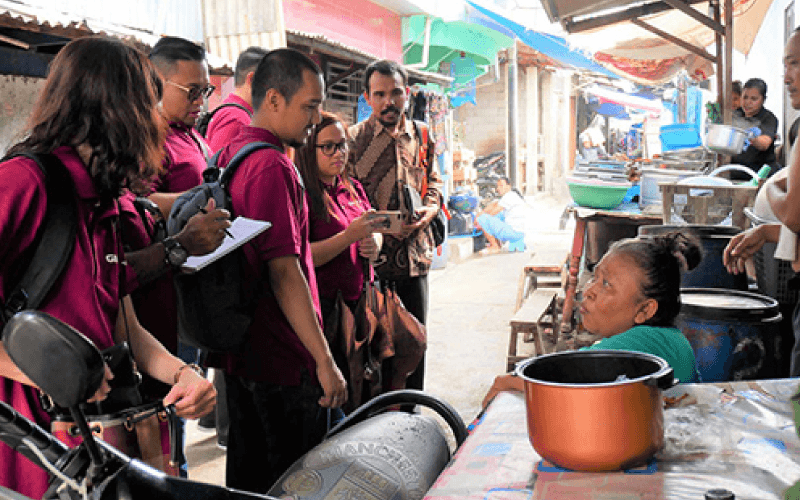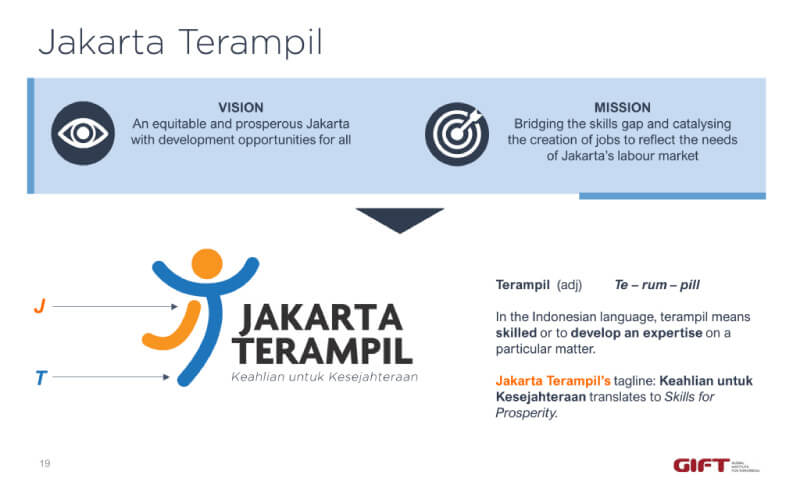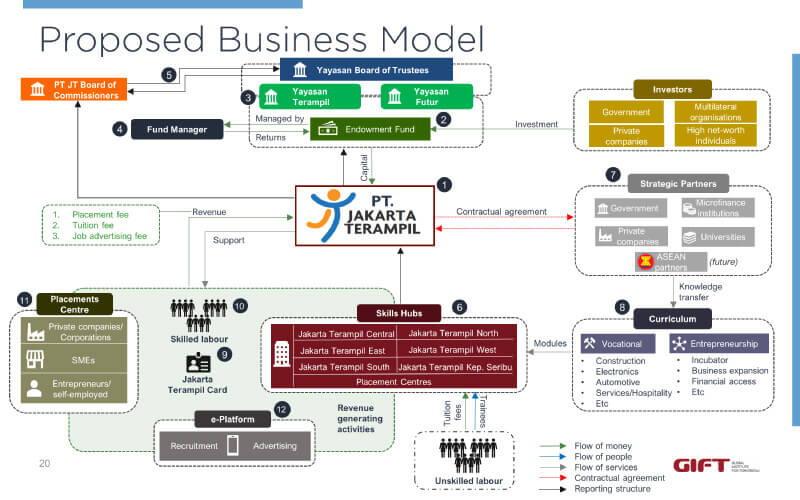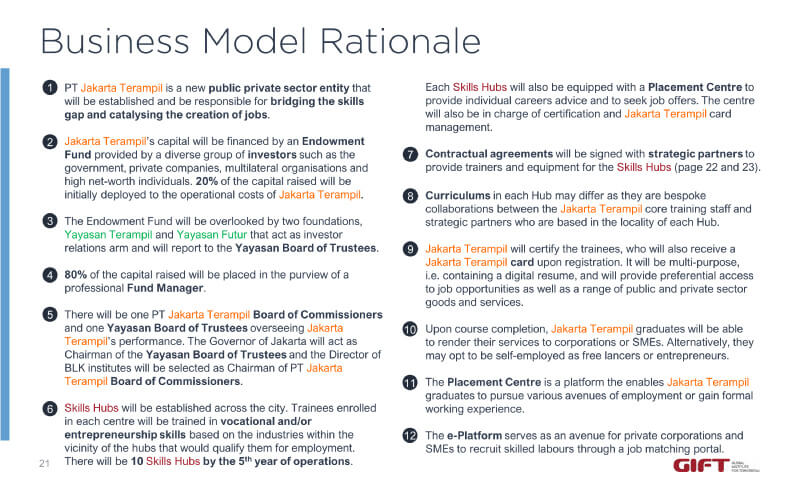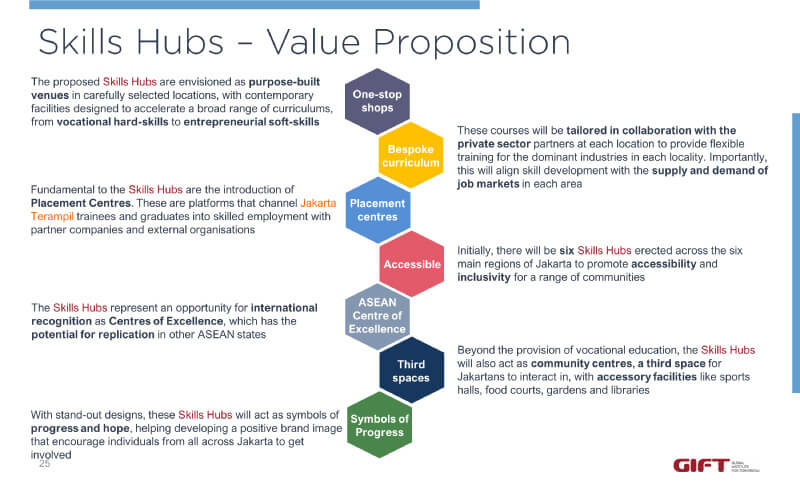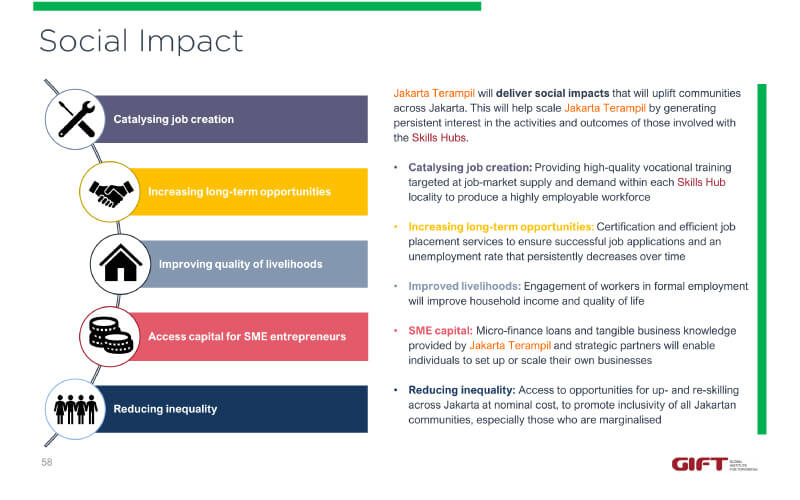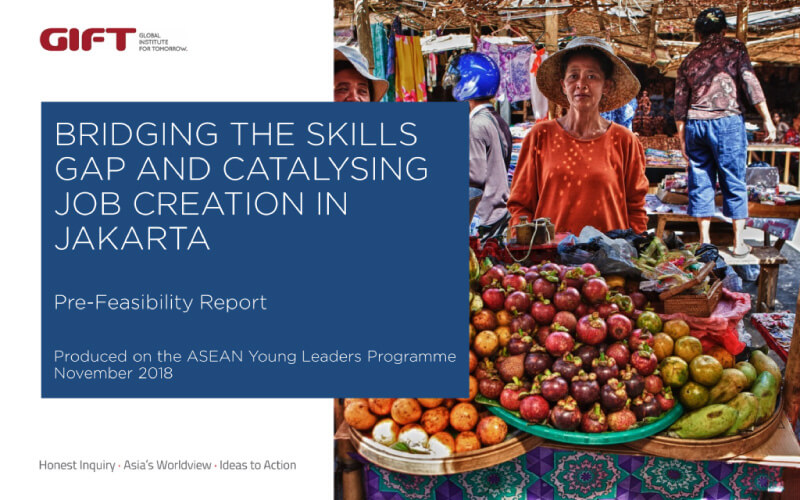The COVID-19 pandemic is challenging long-held beliefs in economics and business that people have held for decades. As economies pause and support systems come under strain, returning to "business as usual" looks less possible by the week.
In New Models for a New World, our new series of blog posts, we return to some of our recent project outputs and the lessons they provide for today regarding economic development, sustainability and business opportunities. The COVID-19 pandemic reveals new challenges. GIFT's project outputs provide lessons on how to resolve them.
The best analogy for Indonesia’s economic prospects is perhaps its handling of the COVID-19 pandemic.
At first glance, Indonesia appears to be handling the pandemic quite well.
In the rankings of deaths per capita, Indonesia is 81st, below countries like South Korea, which received global praise for how it managed the outbreak.
Similarly, Indonesia’s economic data appears strong: it is, after all, the largest economy in Southeast Asia. Jakarta is a major contributor to this economic strength, generating 17% of Indonesia’s GDP and with an economic growth rate of over 6% (faster than Bangkok, Hong Kong or Kuala Lumpur).
But a closer analysis of the numbers paints a different story. While Indonesia’s COVID-19 fatality rate is comparatively low, Jakarta’s is not. At 48.9 deaths per million, Jakarta would be the world’s 27th worst affect country. The city’s case curve appears to be trending upwards. Commentators, such as Indonesian academic Muhammad Zulfikar Rakhmat, argue that the government is underestimating the severity of the situation, prioritising the economy over public health.
The same can be said for Indonesia and Jakarta’s economic statistics. Unemployment and informal employment are endemic in Jakarta. The city’s unemployment rate is 5.2%, almost double the rate of Manila’s. Nearly 90% of its informal workforce has only a basic level of education, causing skill shortages and mismatches: as of 2015, 52% of the city’s employed population was under-qualified for their position.
Jakarta is also struggling with income inequality and poverty. The city’s Gini coefficient is 0.39, higher than countries like India. Over a quarter of its population lives in informal dwellings, which lack basic infrastructure and access to public services. Only 57% of Jakartans have access to piped water.



